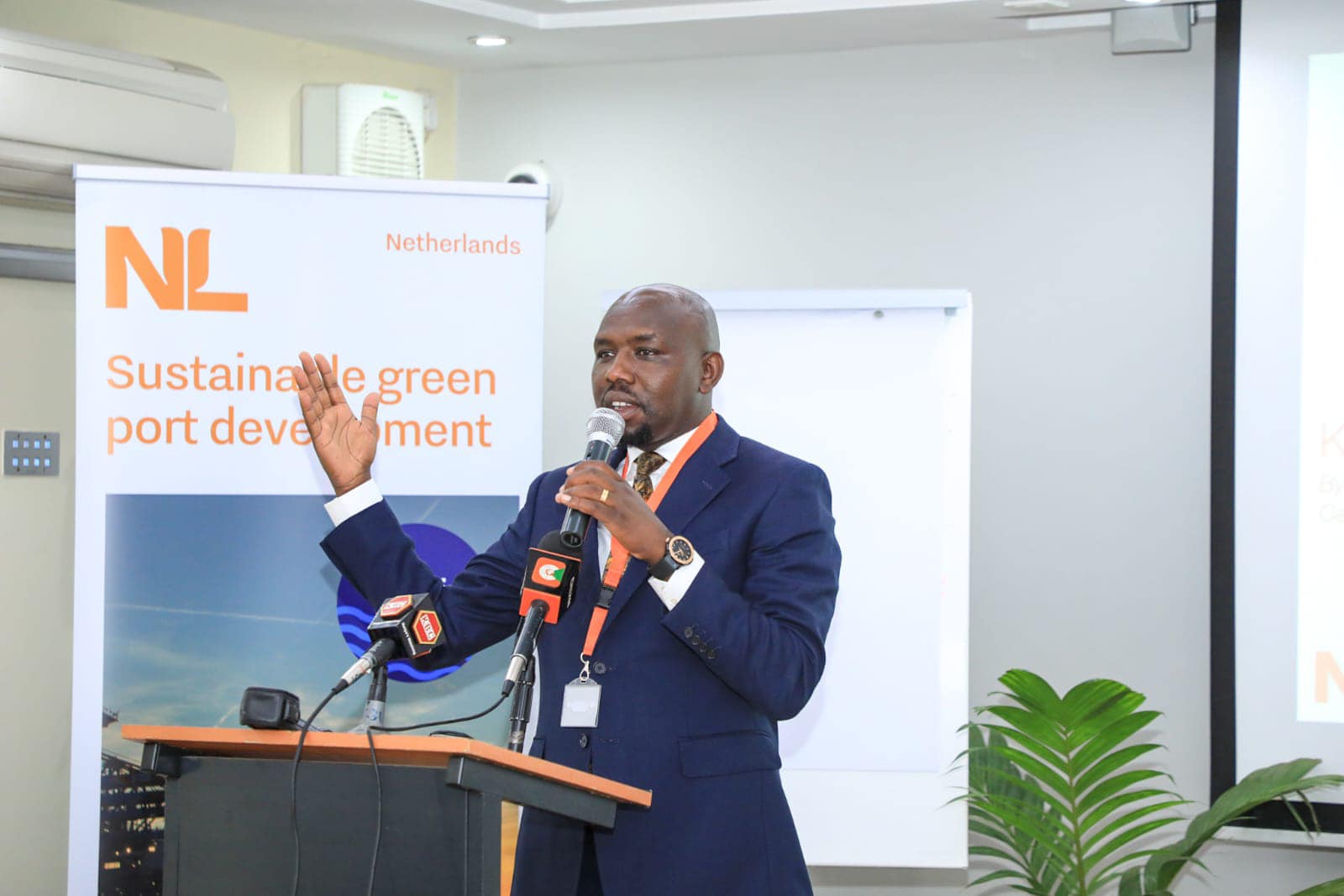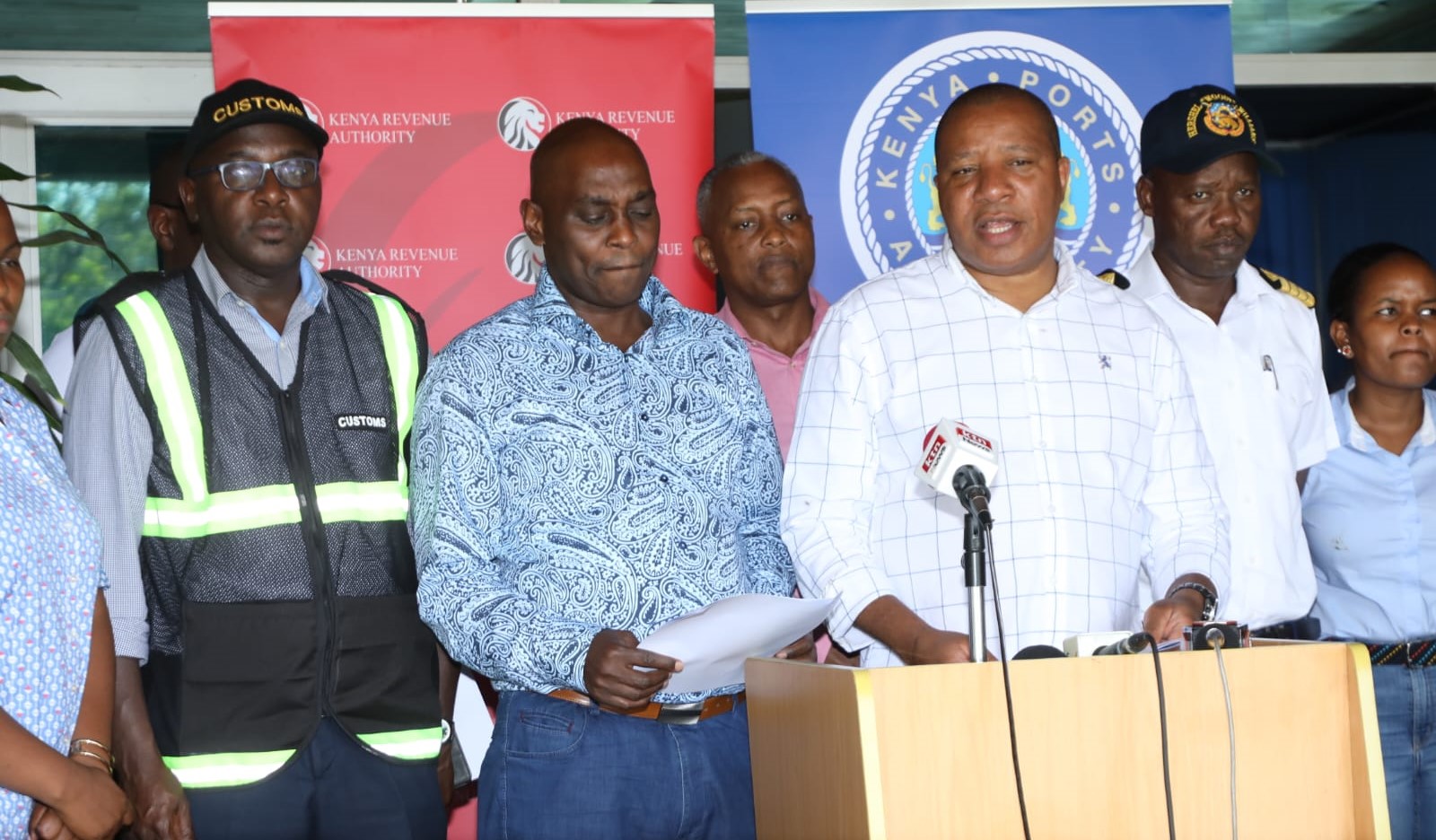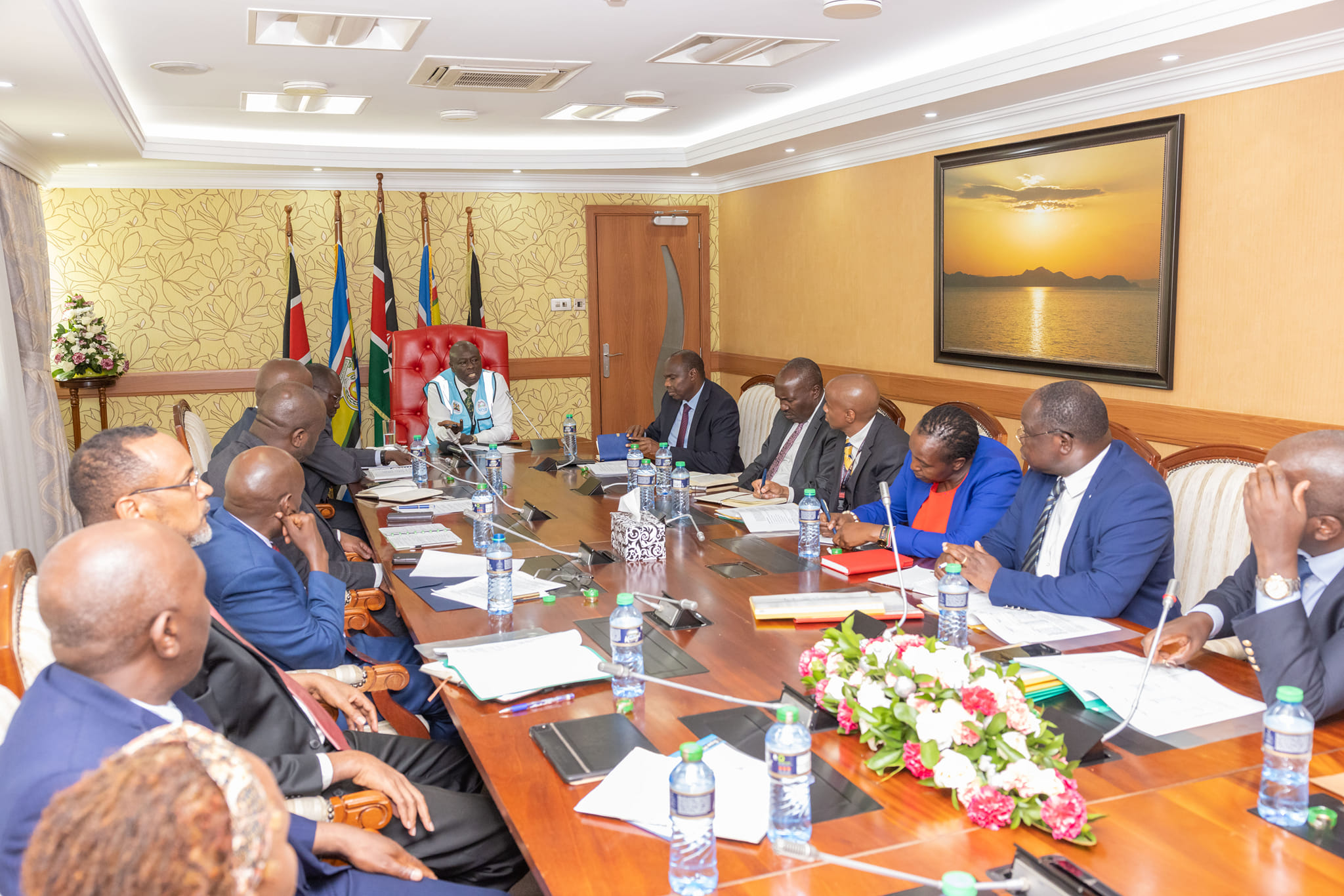Over the past decade, Kenyan exports to the Netherlands have witnessed a remarkable surge, more than doubling to reach Sh70 billion in 2022. This substantial growth in trade reflects Kenya’s strategic diversification of products and the establishment of robust trade relations with the Netherlands.
According to the Dutch Ambassador to Kenya, Maarten Brouwer, the Netherlands now stands as the second-largest destination for Kenyan exports globally and the largest within Europe.
In 2022, the trade volume between Kenya and the Netherlands exceeded €300 million (Sh47 billion) for flowers and €46.2 million (Sh7 billion) for avocados. This thriving trade partnership is the culmination of nearly 60 years of cooperation and collaboration between the two nations.
Key to this burgeoning trade relationship is the Memorandum of Understanding (MoU) signed in 2022 between Ken Invest and the Netherlands Business Hub. This MoU provides a robust framework for fostering fruitful collaboration on investment promotion and trade cooperation, benefitting both Kenyan and Dutch businesses.
On Thursday, Ambassador Maarten Brouwer welcomed a delegation of 17 Dutch companies embarking on a trade mission to Kenya. This mission is strategically targeting the logistics, port development, and blue economy sectors. It signifies the growing importance of Kenya as a trade partner for Dutch businesses.
Kenyan exports to the Netherlands primarily comprise horticultural produce, with flowers being a significant export item, mainly for re-export to other markets. Other essential exports to the Netherlands include food, live animals, coffee, tea, fruits, vegetables, fish, and tobacco.
Conversely, the Netherlands exports automatic data processing machines, clothing, household items, machinery, dairy produce, plastics, and electronics to Kenya. This exchange of goods underscores the mutual benefit of this trade relationship.
One of the critical aspects of this partnership is the Netherlands’ support for TradeMark Africa in constructing one-stop border posts in Busia, Malaba, and Moyale. These posts aim to streamline the movement of goods within the East African region, further facilitating trade between Kenya and its neighbors.
Ambassador Brouwer highlighted Kenya’s significant role as the sixth-largest avocado producer globally. Interestingly, the Netherlands is the world’s second-largest avocado exporter, despite not producing a single avocado. This disparity is attributed to the Netherlands’ diverse and innovative logistics sector, driven by digitalization and innovation.
The Ambassador emphasized that Kenya, being a gateway into Eastern Africa, could benefit from replicating the Netherlands’ successful logistics infrastructure model. He also spoke about the Netherlands’ plans to enhance trade relations with Kenya through improvements in cool-chain logistics via sea freight. Such improvements would not only extend the shelf life of agricultural products like flowers but also reduce transportation costs and lower carbon emissions in line with European consumer demands for sustainable transport.
Kenya’s Roads and Transport Cabinet Secretary, Kipchumba Murkomen, expressed the importance of this trade mission in strengthening logistics systems, solidifying Kenya’s position as a gateway into Africa. The mission includes visits to key Kenyan infrastructure, such as the Port of Mombasa and the Naivasha Inland Container Depot (ICD).
In conclusion, Kenya’s growing exports to the Netherlands and the collaborative efforts of both nations hold significant promise for economic growth, job creation, and sustainable trade relations. As Kenya continues to leverage public-private partnerships and invest in its infrastructure, it aims to attract more private investors and become an even more attractive destination for international trade and investment. The Netherlands’ commitment to bolster trade in sea freight further enhances this prosperous partnership.
The 17 Dutch companies visiting Kenya, specializing in port development, dredging, transport and logistics, water engineering, maritime and blue economy, warehousing, and distribution sectors, aim to create partnerships for improved sustainable solutions in infrastructure and trade digitization. Kenya’s journey towards becoming a thriving economic hub in East Africa is well underway, and international collaboration plays a vital role in achieving this goal.












